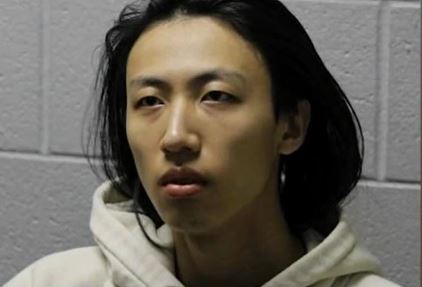TikTok and its parent company, ByteDance, have filed a lawsuit against the federal government over a law President Joe Biden signed last month. This law would outlaw TikTok in the United States unless ByteDance sold the social media platform to a non-Chinese company within nine to 12 months.
In the lawsuit, TikTok and ByteDance called the law “unconstitutional” and accused it of violating user’s First Amendment rights, because the app allows millions of Americans to share their views and communicate with other users freely.
“For the first time in history, Congress has enacted a law that subjects a single, named speech platform to a permanent, nationwide ban, and bars every American from participating in a unique online community with more than 1 billion people worldwide”, TikTok said in its 65-page petition filed in the U.S. Court of Appeal’s for the District of Columbia Circuit.
TikTok also argued that the change in leadership was “simply not possible,”, within the law’s timeline, pointing towards Beijing’s refusal to sell the recommendation algorithm, which funnels tailored content to users. TikTok also argued that moving the apps underlying coding to a new user is practically impossible, and that it would take years for a new group of engineers to understand the code used to maintain the platform. The engineers would also need to access ByteDance software to keep TikTok running, which the new law prohibits.
Washington has long been suspicious of TikTok, fearing that the Beijing-based ByteDance could use the app to spread disinformation and foreign propaganda, and spy on Americans. This goes as far back as summer 2020, when former President Donald Trump attempted to ban the app via an executive order, but it was blocked by federal courts. Since then, Republicans and Democrats have both called TikTok to cut its ties with ByteDance.
LATEST STORIES
However, the mandate could see a change in TikTok’s content policies and shape what users can say on the app, potentially violating free speech laws. The outright ban of a social media app is also something the U.S. government has criticized other authoritarian nations for doing.
In response to the national security-related reasons for the ban, TikTok responded by saying that it doesn’t justify violating the First Amendment, especially when no evidence has been given of the Chinese government weaponizing the app against Americans. TikTok also said Congress ignored less restrictive alternatives for national security.
TikTok also pointed to the fact that it has spent billions to counteract security risks in the past four years, in an operation dubbed Project Texas. TikTok also drafted a 90-page security agreement that made “extraordinary commitments to the U.S. government”. TikTok has even separated American user data from the rest of the company’s operations, to help provide third-party perspectives of content reccomendations.
Evelyn Dock, an assistant professor at Standford Law School who has done research on the First Amendment and the internet, said that “These are hugely consequential questions being dealt with in an unprecedented manner”, during an interview with The New York Times. “TikTok basically throws the First Amendment sink at this challenge.”.
Some business owners and social media app influencers have also been critical of this bill, saying that they would lose a major business platform.
A poll released Tuesday by ABC News/Ipsos showed that about 53% of Americans are in favor of the TikTok ban if it’s not sold to a non-Chinese company. 44% of Americans are opposed to the TikTok ban. The poll also found that 51% of Americans said that the U.S. Government should try to force a sale of TikTok while 46% said that it should not.
AsAmNews is published by the non-profit, Asian American Media Inc. Follow us on Facebook, X, Instagram, TikTok and YouTube. Please consider making a tax-deductible donation to support our efforts to produce diverse content about the AAPI communities. We are supported in part by funding provided by the State of California, administered by the California State Library in partnership with the California Department of Social Services and the California Commission on Asian and Pacific Islander American Affairs as part of the Stop the Hate program. To report a hate incident or hate crime and get support, go to CA vs Hate.








